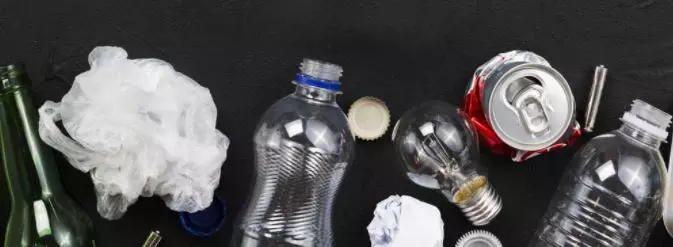
Social & Employment
- Location:
Ile-de-France - Sponsor:
Marion Matter - Grant:
€24,000 at the selection committee on 28 October 2020
Project owner
Couleurs d'Avenir was created in 2008 in response to a need expressed by the Val-de-Marne prefecture. The aim was to work in the heart of the underprivileged and multicultural district of "La Passerelle" in Villeneuve-Saint-Georges. The objective was to develop local activities to animate the local community. Since then, the association has been involved in awareness-raising and diagnostic missions on the state of local urban life.
From selective sorting to reuse...
Previously, it did so with selective sorting as its observation and action approach. But, having realized that the issue was not the primary concern of the households it was trying to address, it changed its approach. From that point on, Couleurs d'Avenir has focused its work on reusing plastics as useful objects for housing and collective spaces, and for decorating and embellishing spaces. This issue is more relevant to people in difficulty. They learn from it and derive direct benefits in their everyday lives. Today, Couleurs d'Avenir operates at the heart of more than fifteen territories in the Paris region.
A travelling fablab
Couleurs d'Avenir’s aim is to create a mobile "fabLab". It will be housed in a truck (such as a large volume Master ZE truck) to get as close as possible to its target audiences throughout the Ile-de-France region.
While Couleurs d'Avenir is banking on the mobile aspect of its fablab, it also wants to encourage the emergence of fixed fablabs in the heart of disadvantaged neighbourhoods. It has therefore designed a complete process to ensure the sustainability of local fablab projects: raising awareness and identifying resource persons (job seekers) able to create a fablab within the targeted neighbourhoods; training programs to use the fablab machines and tools; training to manage the structure; transition to independence for these fablabs. The development of these structures therefore entails training the people who will manage them. Objective: to bring people who are distanced from employment back into work.
What is a fablab?
The term "fablab" is a contraction of the English expression "fabrication laboratory" and refers to a place open to the public where objects of all kinds can be designed and created - with the help of digital and machine tools.

